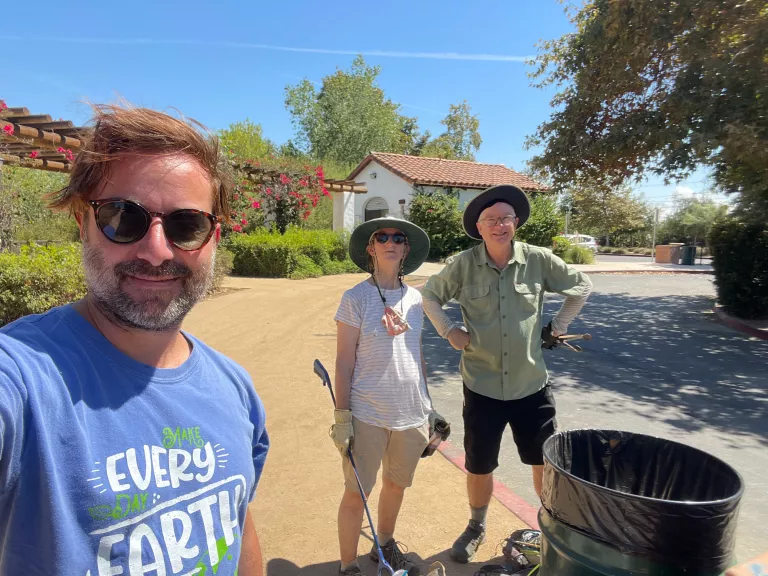
By Aaron Small
Our family finished a lot of puzzles to pass the pandemic time. The first rule? Start with the edges to give the puzzle its structure and shape.
If solving environmental issues on Earth Day was a 10,000 piece puzzle, you’d likely find sustainable transportation and the future of mobility along its edges. These two key elements are the backbone and solution to a myriad of challenges we face as a planet.
This year, the Biden Administration has ambitious plans around infrastructure. Like Lyndon Johnson’s sweeping reforms in the 1960s (Clean Air Act, Civil Rights Act) and FDR’s New Deal, we shouldn’t shy away from big ideas to restore balance and make an impact.
So how do we do it?
The first step would be to rethink how we get around. Internal combustion engines are quickly becoming relics of a polluted past. While electric vehicles show promise with near-zero emissions, they are not our silver bullet to solve climate change and transportation problems. EVs are still cars. Cars bring congestion and traffic violence. And the clock is ticking. We can’t replace internal combustion cars with electric cars fast enough to make enough of a difference.
In Los Angeles County, two-thirds of all travel is less than five miles. Bikes, scooting, and walking are far better options than taking a car for most short trips. That means digging the bike out of the garage and braving the streets for a spin.
Easier said than done.
To usher in a cleaner world where bikes are the go-to option, we need a safer and dependable infrastructure to allow that world to thrive. We need mobility lanes, bus lanes, and public transportation that’s efficient and reliable.
We need neighborhood streets to be places where kids can play and people can stroll – not highways where humans live in fear of getting struck by cars.
We need to make e-bikes more affordable. Electric bikes make getting around by bike accessible to many, but they’re too pricey to be popular. Big moves need to be made: rebates and subsidies – like those the government provides to prop up the EV industry – are necessary. E-bikes may be the most significant and smartest bet we can make as a society.
We need to rethink parking. America is a car country, but the world is changing, and America must change with it. With the boom of micro-mobility options and ride-sharing apps, people are driving less. With fewer cars, we need fewer parking spaces. The astonishing amount of concrete devoted to cars is absurd; with our current housing and climate crisis, we simply don’t have the space for all that empty space.
Just imagine a world with less parking. Neighborhood parks for every corner. Protected bike lanes for our children. Pedestrian plazas for communities to enjoy.
Like a winter puzzle, solving these challenges requires many hours, and many hands putting in the work. But this is our planet. And it’s up to us to figure it out.
Aaron Small is a volunteer at Streets For All, a nonprofit building a transportation revolution in Los Angeles. Follow him @TheAaronSmall